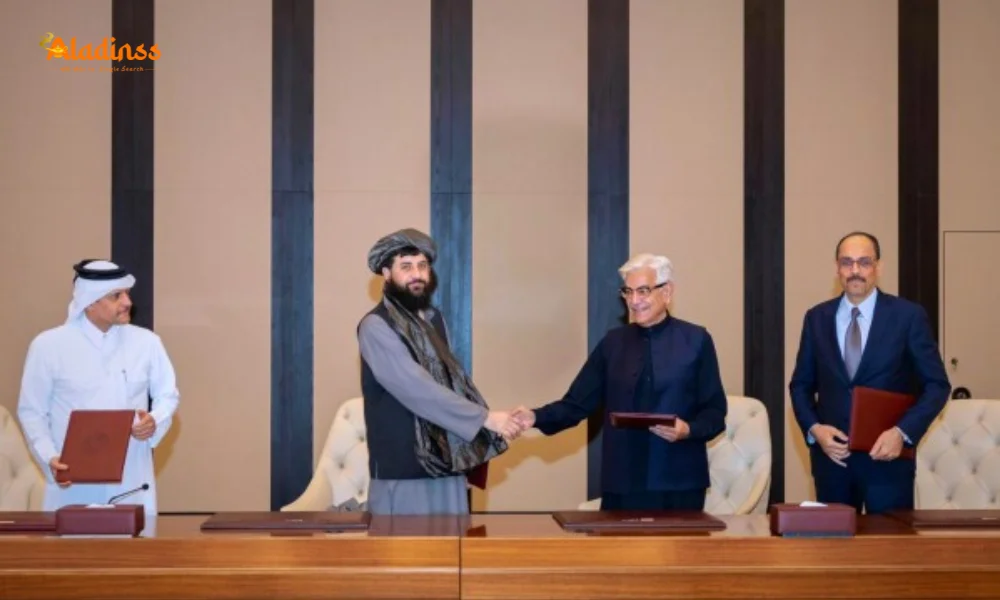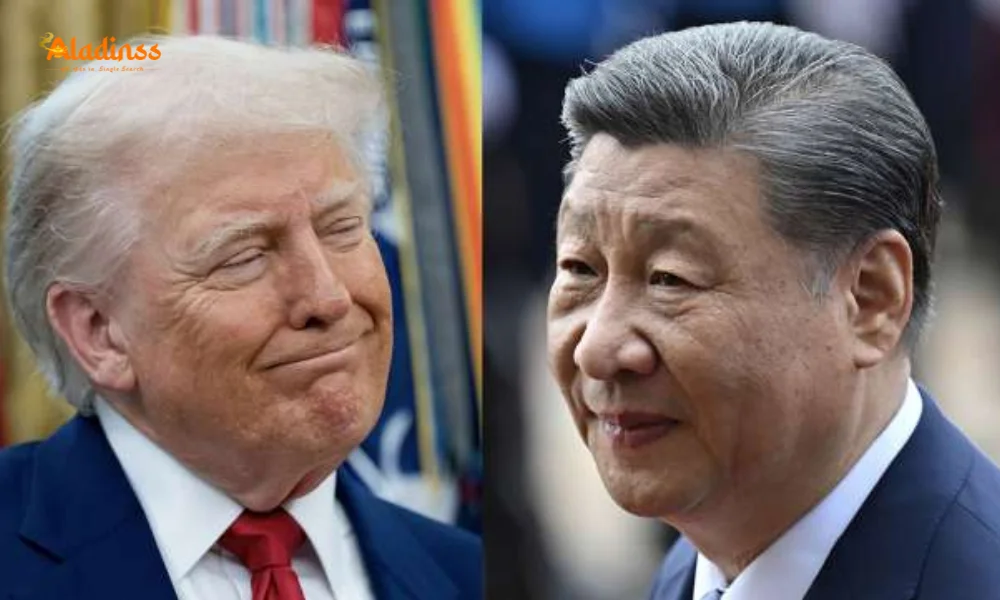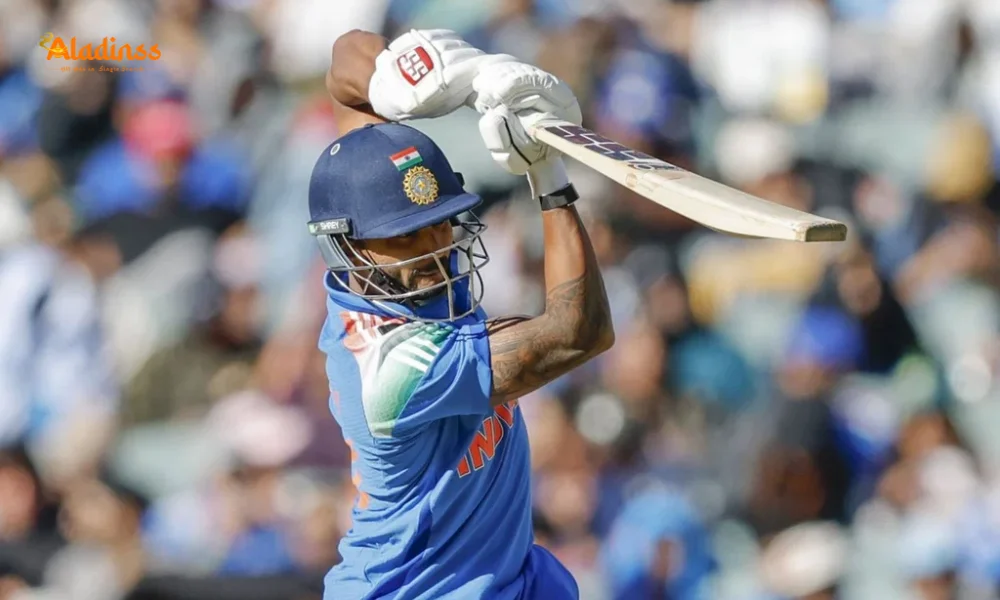India Slams Pakistan at UNSC: Calls J&K Inalienable and Demands End to Rights Abuses
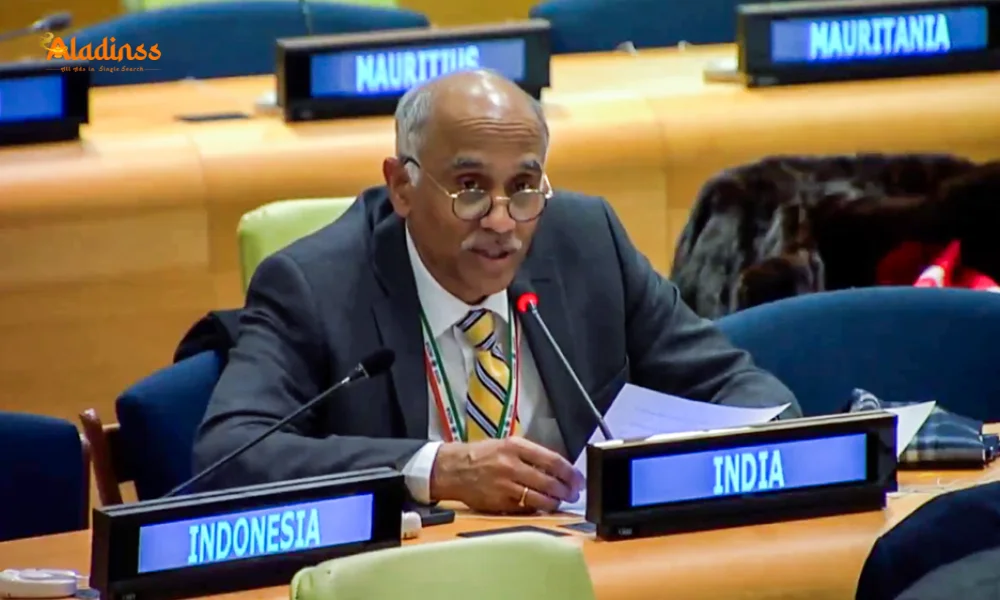
India Slams Pakistan at UNSC, Declares J&K ‘Inalienable Part’
In a powerful address at the United Nations Security Council (UNSC) on October 24, 2025, India’s Permanent Representative, Parvathaneni Harish, issued a sharp rebuke to Pakistan, demanding an end to human rights violations in illegally occupied territories. Speaking during an open debate marking the 80th UN Day, Harish reaffirmed that Jammu and Kashmir (J&K) is an “integral and inalienable part” of India. He accused Pakistan of military oppression, brutality, and illegal resource exploitation in occupied areas, highlighting the stark contrast between India’s democratic framework and Pakistan’s governance.
Harish’s remarks underscored India’s unwavering stance on J&K, emphasizing that its people enjoy fundamental rights within a robust democratic system, a concept he described as “alien” to Pakistan. The address also reflected India’s broader commitment to global unity under the philosophy of Vasudhaiva Kutumbakam, meaning “the world is one family.” The strong words directed at Pakistan have reignited discussions about human rights, territorial disputes, and India’s role in multilateral diplomacy at the UN.
Also Read: Ex-CIA Officer Predicts Pakistan Will Lose War Against India: Shocking Claim Sparks Debate
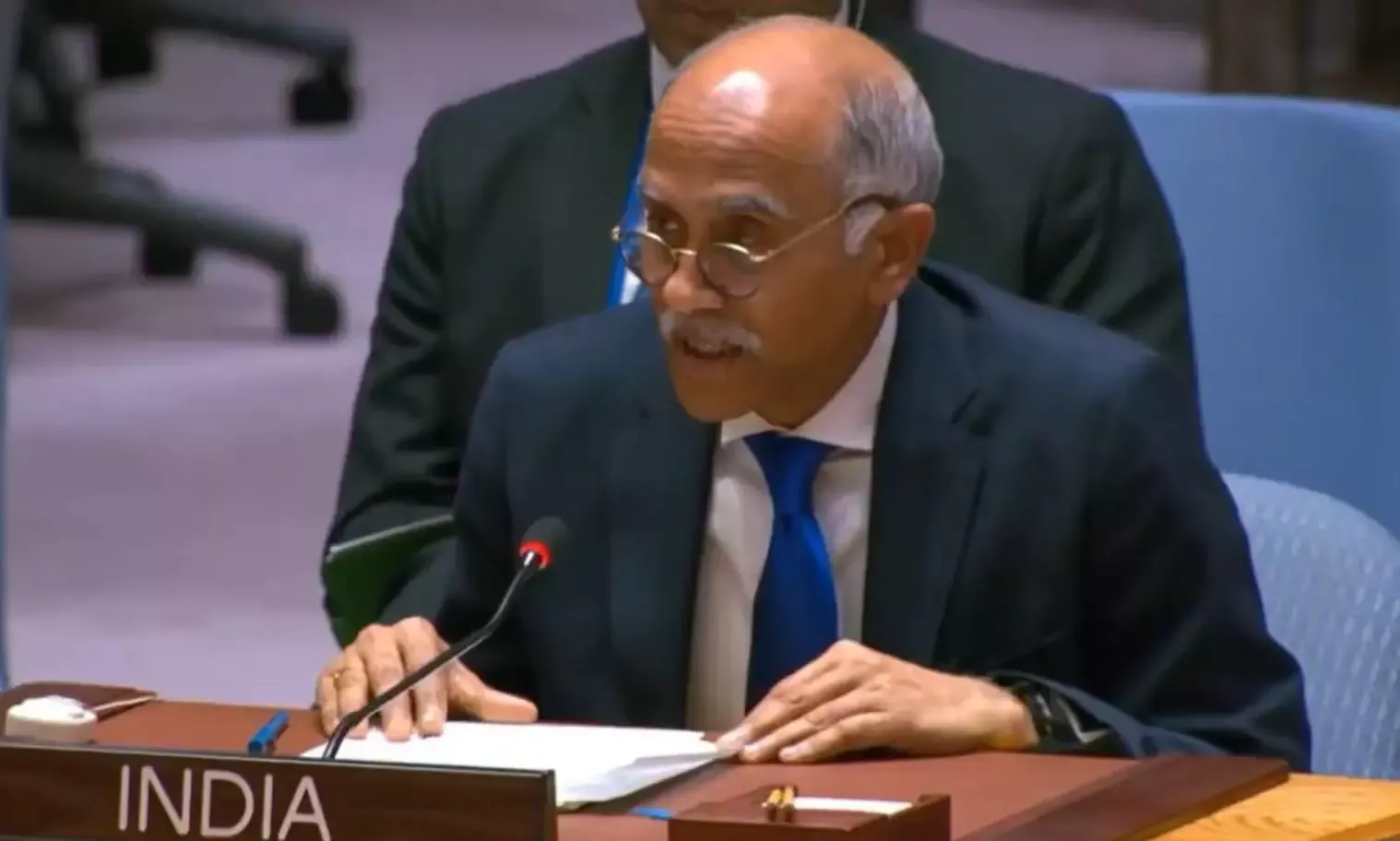
India’s Call to End Human Rights Violations
During the UNSC open debate, Ambassador Harish directly called out Pakistan for its “grave and ongoing human rights violations” in territories it illegally occupies. He highlighted the plight of populations under Pakistan’s military control, describing widespread repression, brutality, and exploitation of resources. “We call upon Pakistan to end these violations, where the population is in open revolt against Pakistan’s military occupation,” Harish stated, urging the international community to hold Pakistan accountable for its actions.
The ambassador’s remarks reflect growing concerns about human rights abuses in Pakistan-occupied areas, where local populations have protested against oppressive governance. India has consistently raised these issues on global platforms, accusing Pakistan of denying basic rights and freedoms to people in these regions. Harish’s speech emphasized the stark contrast between the democratic rights enjoyed by the people of Jammu and Kashmir within India and the lack of such freedoms under Pakistan’s control.
Jammu and Kashmir: India’s Uncompromising Stance
Ambassador Harish reiterated that Jammu and Kashmir remains an integral and inalienable part of India, a position India has steadfastly maintained in international forums. He emphasized that the people of J&K exercise their fundamental rights within India’s democratic framework, which he described as “time-tested.” In a pointed jab at Pakistan, Harish remarked that such democratic principles are “alien” to Pakistan, highlighting the contrasting governance models of the two nations.
India’s assertion of sovereignty over J&K comes amid ongoing tensions with Pakistan, which frequently raises the issue at the UN. Harish’s statement was a direct rebuttal to Pakistan’s attempts to internationalize the J&K issue, reinforcing that it is an internal matter for India. The ambassador’s remarks also underscored the democratic processes in J&K, including elections and constitutional protections, which ensure the region’s integration with India’s broader governance structure.
India’s Commitment to Vasudhaiva Kutumbakam
Beyond the rebuke to Pakistan, Harish articulated India’s broader vision of global unity, rooted in the philosophy of Vasudhaiva Kutumbakam. This principle, which translates to “the world is one family,” guides India’s approach to international relations, emphasizing justice, dignity, and prosperity for all. Harish highlighted India’s commitment to multilateralism, international partnerships, and cooperation, positioning the country as a responsible global actor dedicated to fostering peace and development.
This worldview has shaped India’s contributions to the United Nations, from peacekeeping missions to advocacy for global reforms. Harish’s address underscored India’s belief in a collaborative approach to addressing global challenges, such as poverty, climate change, and conflict. By invoking Vasudhaiva Kutumbakam, India signaled its intent to continue playing a constructive role in the UN, even as it firmly defends its sovereignty and addresses regional tensions.
UNSC’s Relevance in Question
The UNSC open debate, held to mark the 80th anniversary of the United Nations, provided a platform for Harish to reflect on the organization’s contributions since World War II. He acknowledged the UN’s role in promoting global peace and cooperation but also noted growing questions about its “relevance, legitimacy, credibility, and efficacy.” These concerns stem from the UN’s struggles to address contemporary global challenges, including conflicts, human rights abuses, and geopolitical rivalries.
Harish’s remarks highlighted the need for UN reforms to enhance its effectiveness in a rapidly changing world. India has long advocated for an expansion of the UNSC to reflect current geopolitical realities, including a permanent seat for itself. The ambassador’s address reinforced India’s commitment to multilateralism while calling for a more inclusive and responsive global governance framework.
India-Pakistan Tensions at the UN
India’s sharp criticism of Pakistan at the UNSC is part of a broader pattern of diplomatic confrontations between the two nations. Pakistan frequently raises the J&K issue at international forums, prompting strong rebuttals from India. Harish’s address was a clear message that India will not tolerate attempts to challenge its sovereignty over J&K or misrepresent the region’s status. By focusing on Pakistan’s human rights violations, India shifted the narrative to highlight governance failures in Pakistan-occupied territories.
The ongoing tensions between India and Pakistan have deep historical roots, with J&K remaining a flashpoint. India’s diplomatic strategy at the UN has been to assert its sovereignty while exposing Pakistan’s role in supporting terrorism and violating human rights. Harish’s speech reinforced this approach, calling for global attention to the plight of people under Pakistan’s occupation and urging accountability for its actions.
Global Implications and India’s Role
India’s strong stance at the UNSC underscores its growing influence in global diplomacy. By addressing both regional tensions and broader global challenges, Harish positioned India as a leader committed to justice and multilateral cooperation. The invocation of Vasudhaiva Kutumbakam reflects India’s vision of a united world, even as it navigates complex regional dynamics with Pakistan.
The international community is closely watching India’s role at the UN, particularly as it pushes for reforms to make the organization more representative. Harish’s address highlighted the need for a modernized UNSC that can effectively address issues like human rights abuses and territorial disputes. India’s call for Pakistan to end its violations aligns with its broader advocacy for accountability and justice on the global stage.
As the debate over J&K and human rights continues, India’s firm position at the UNSC sends a clear message: Jammu and Kashmir is an integral part of the nation, and Pakistan must address its own governance failures. The address by Ambassador Harish marks a significant moment in India’s diplomatic efforts, reinforcing its commitment to sovereignty, democracy, and global cooperation.
Comment / Reply From
No comments yet. Be the first to comment!

